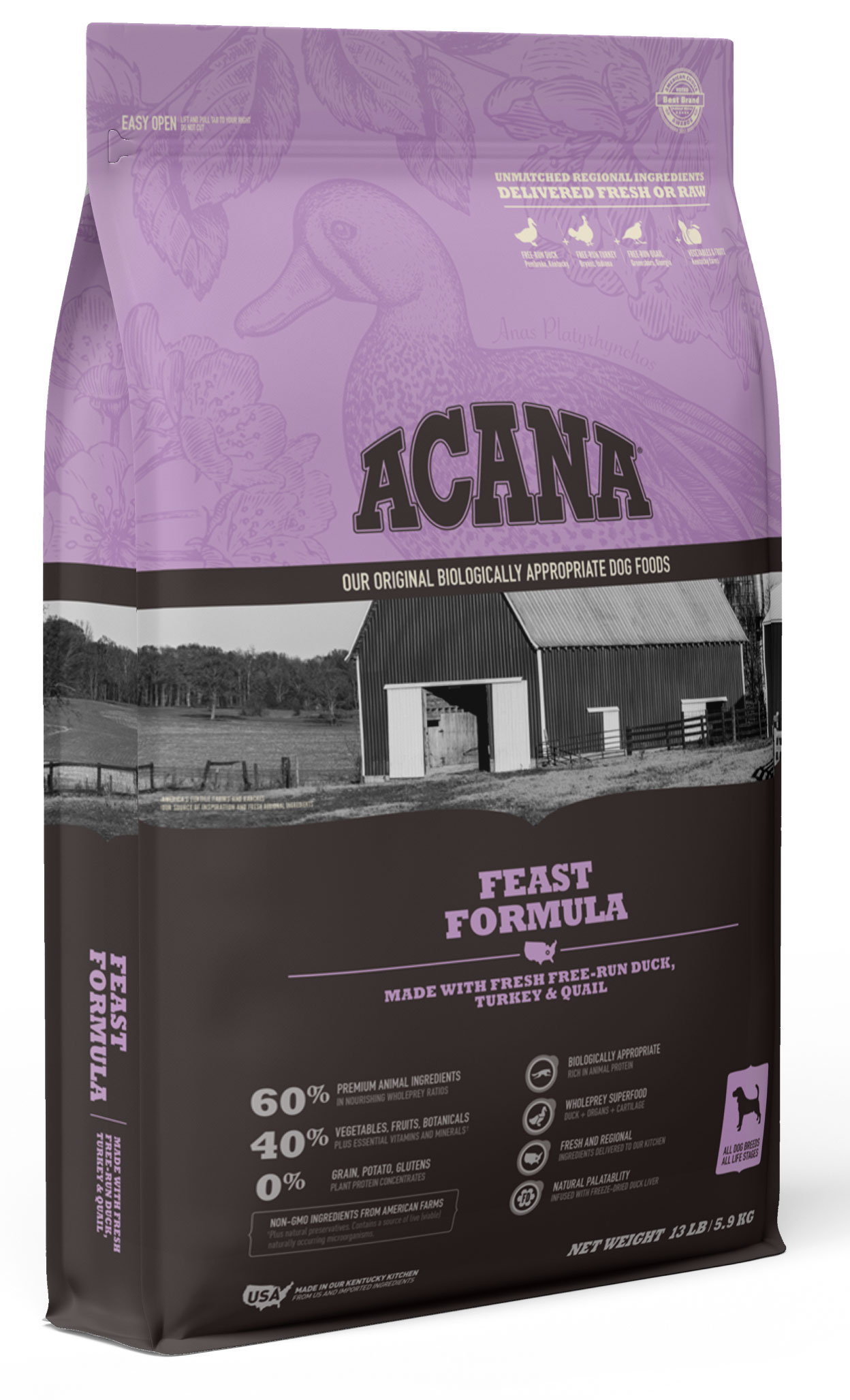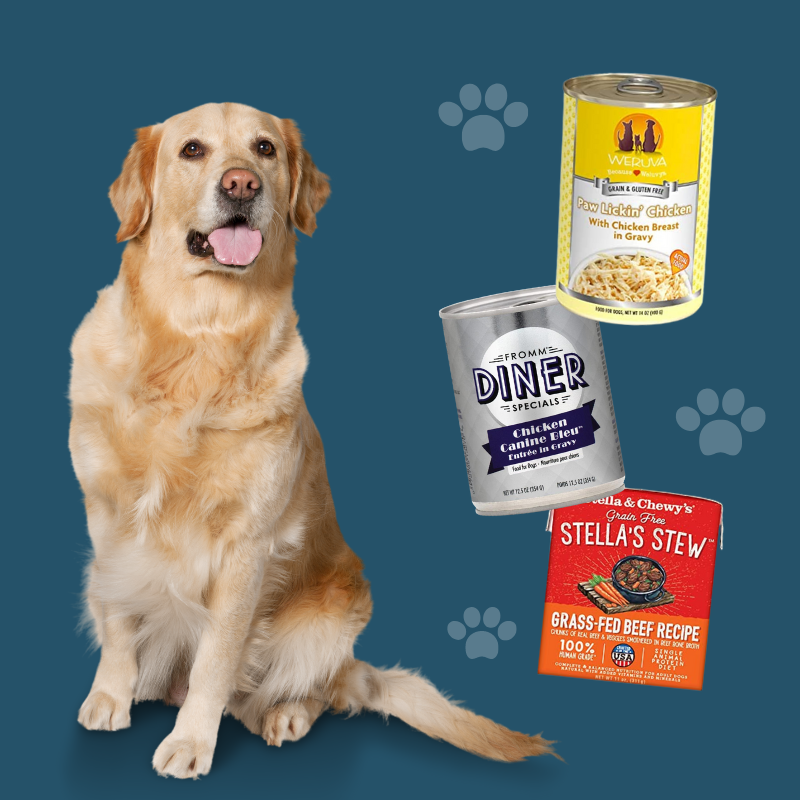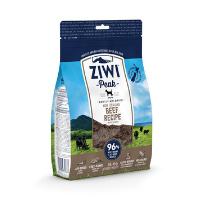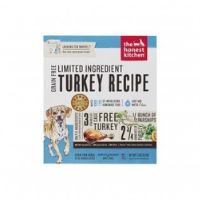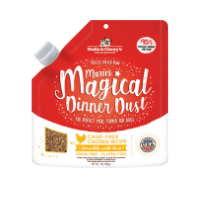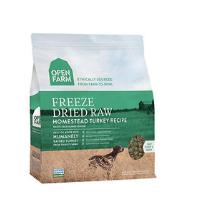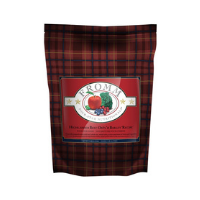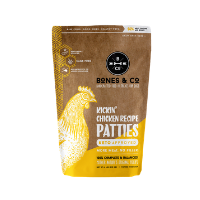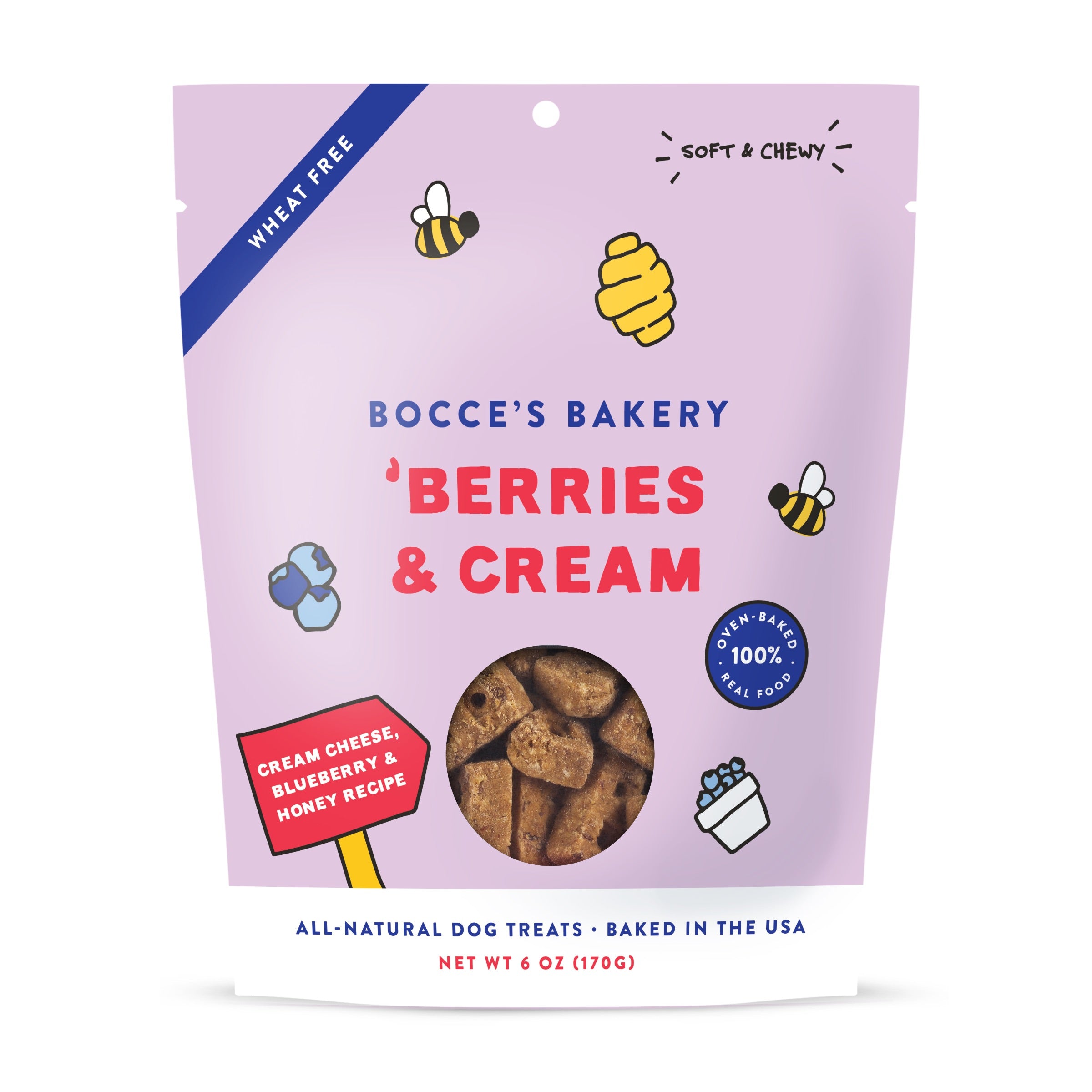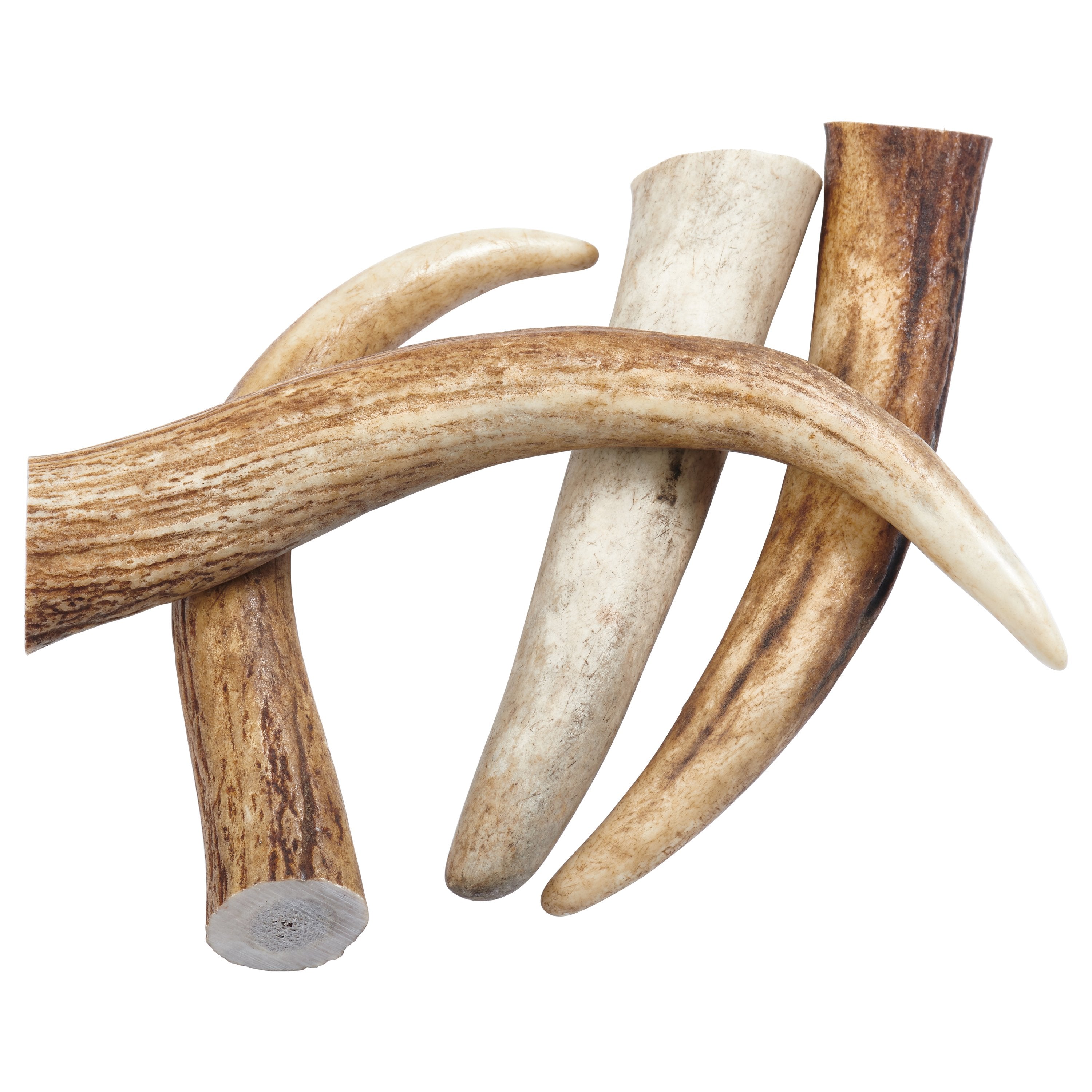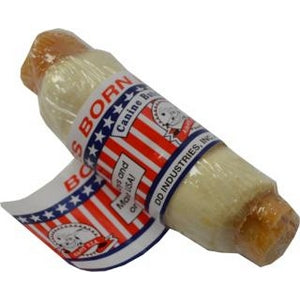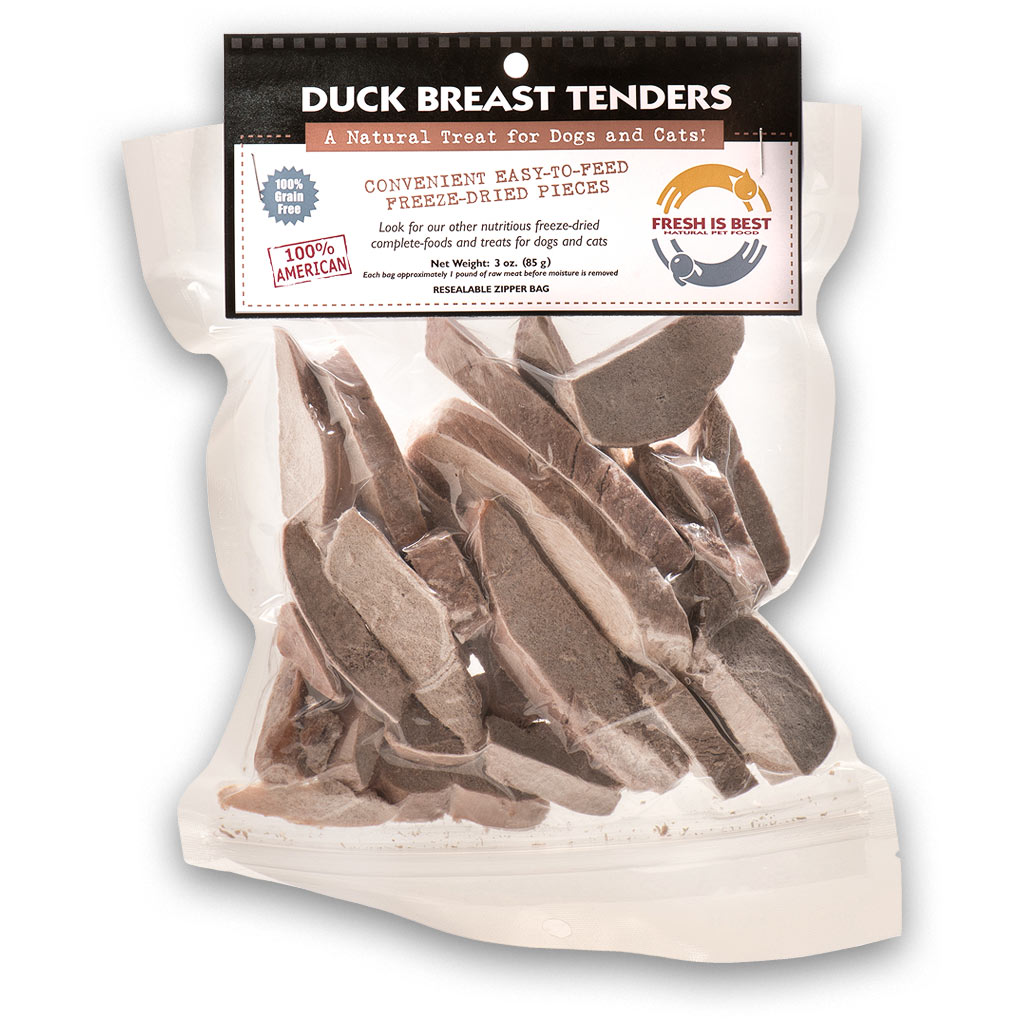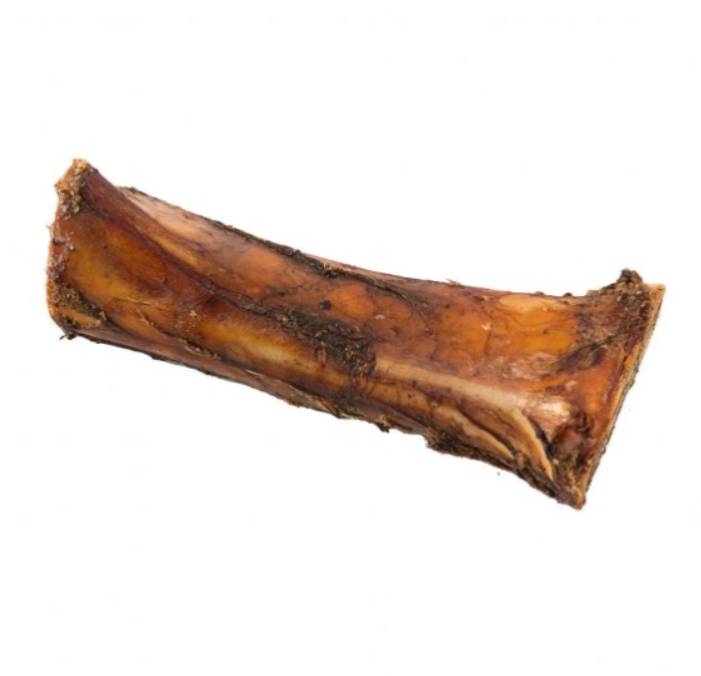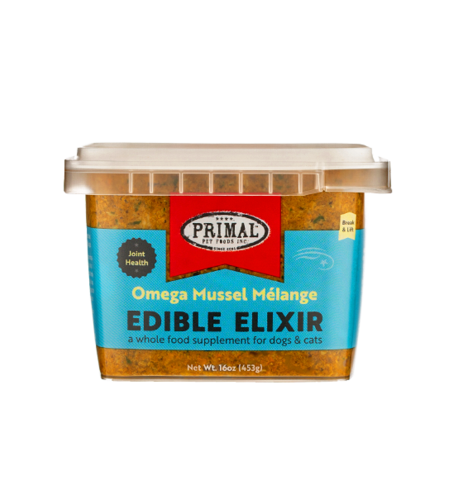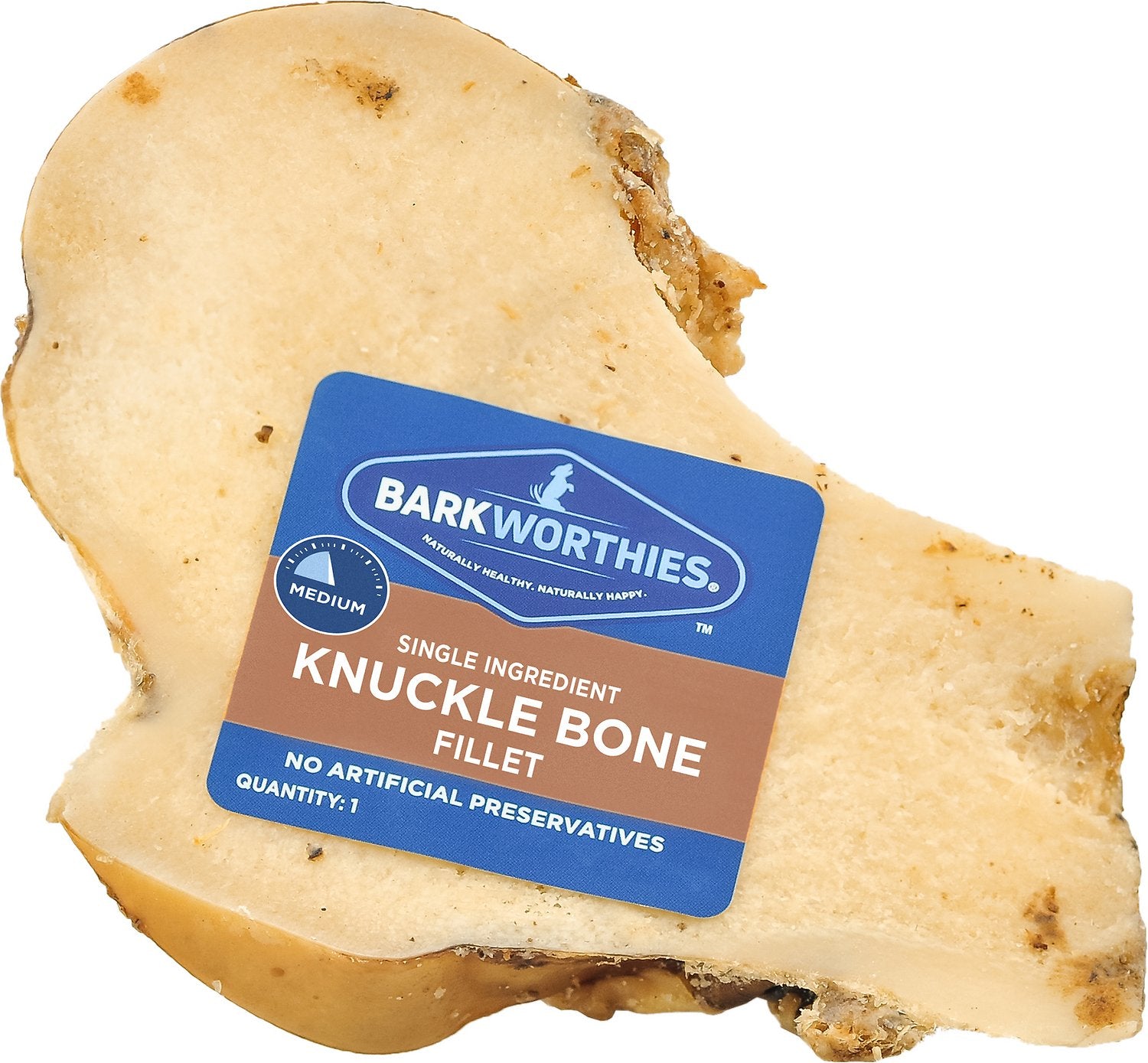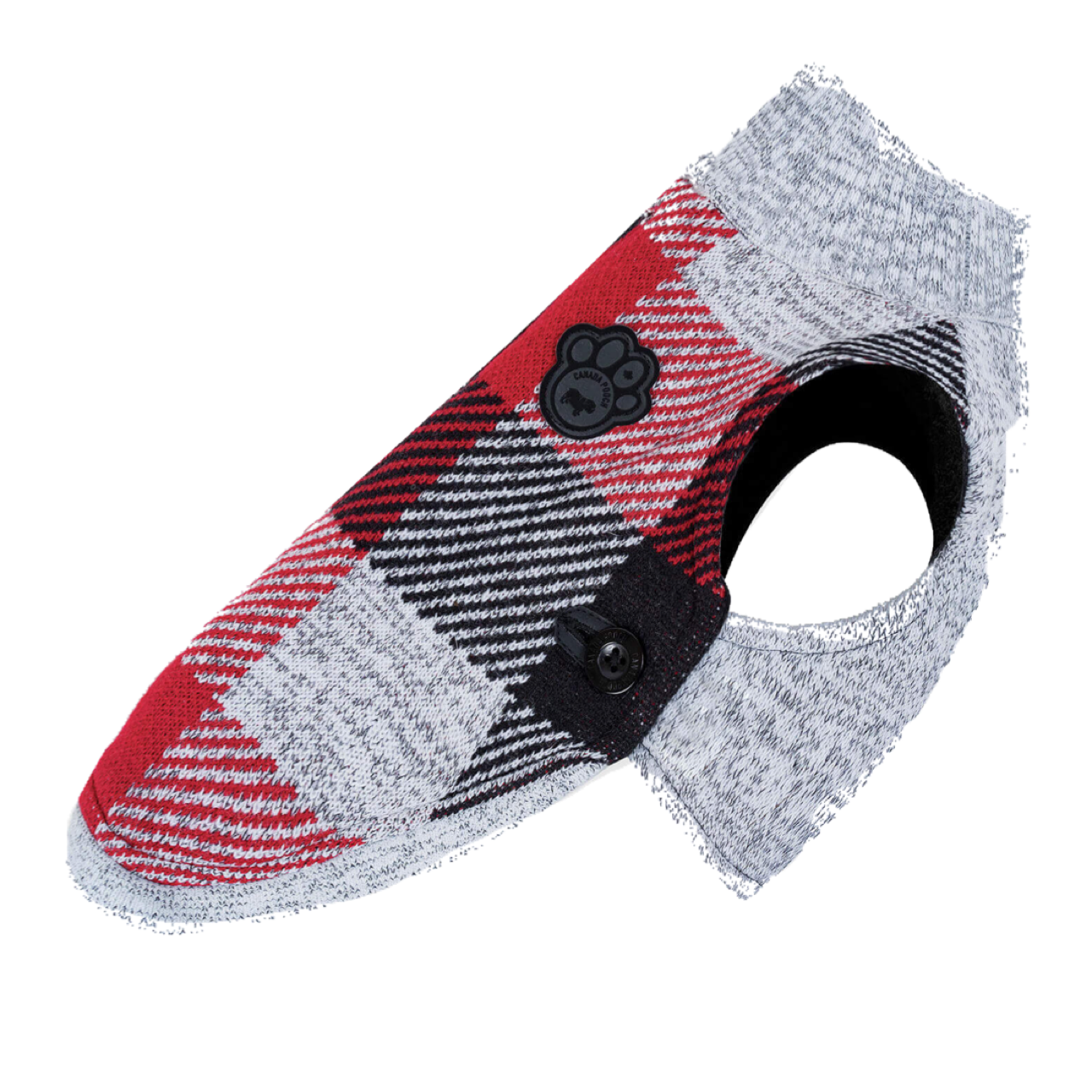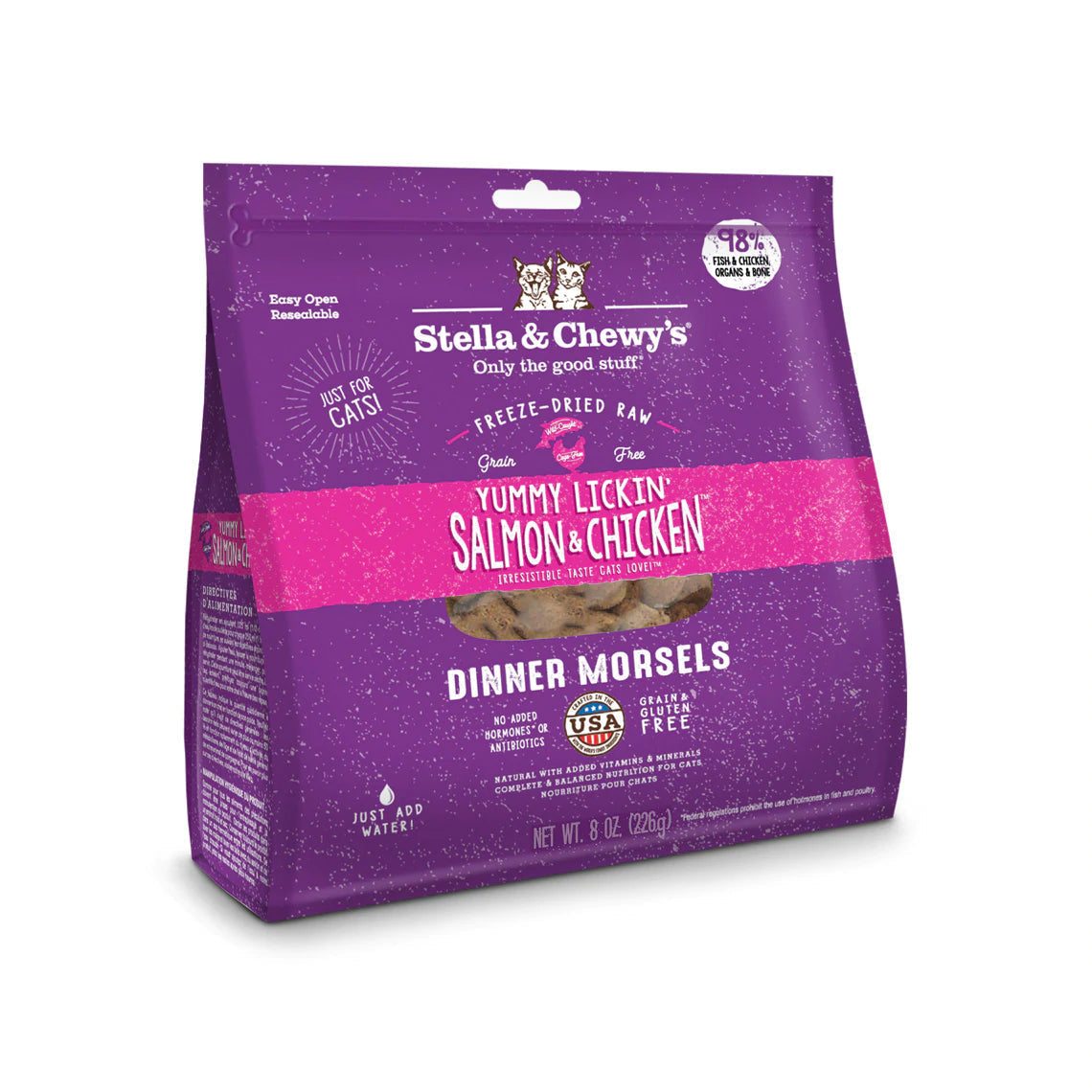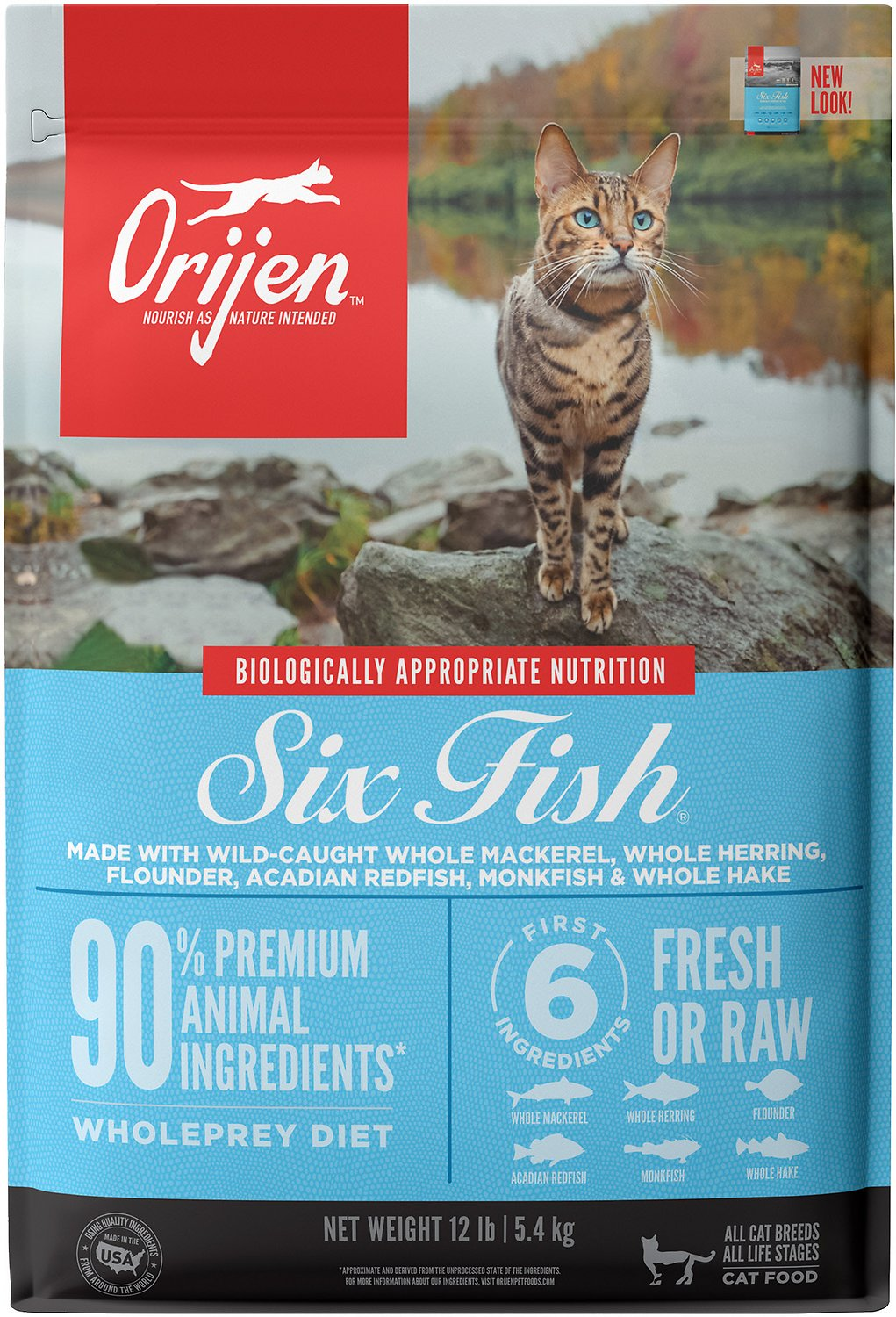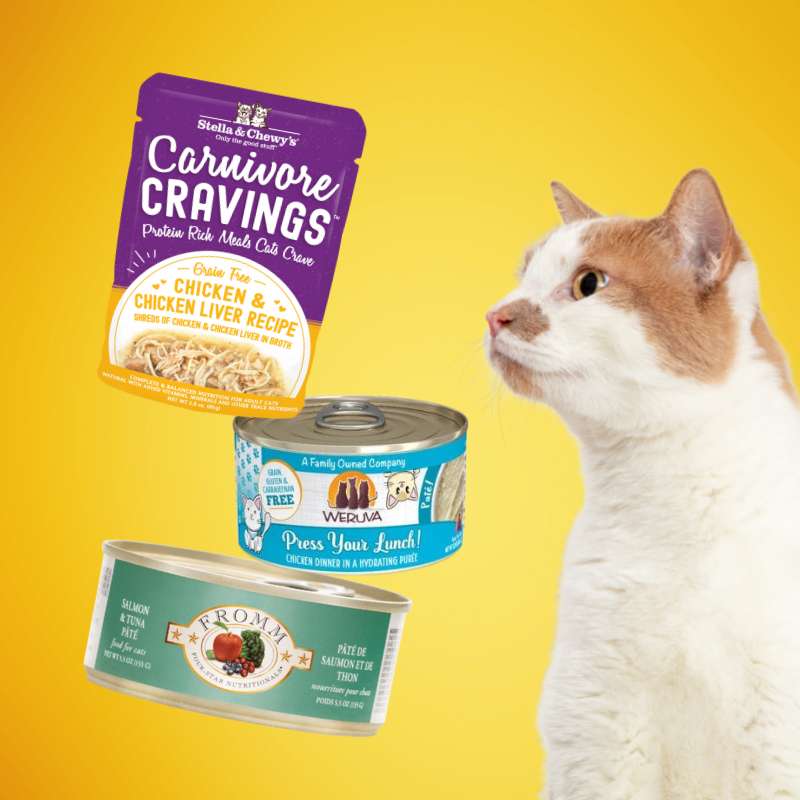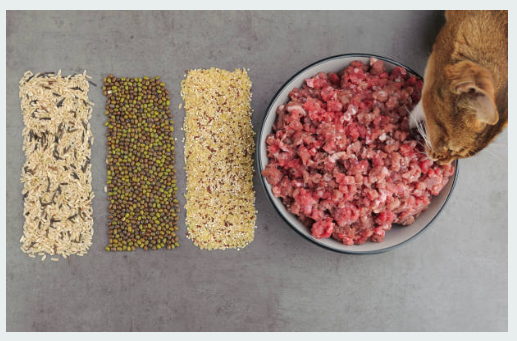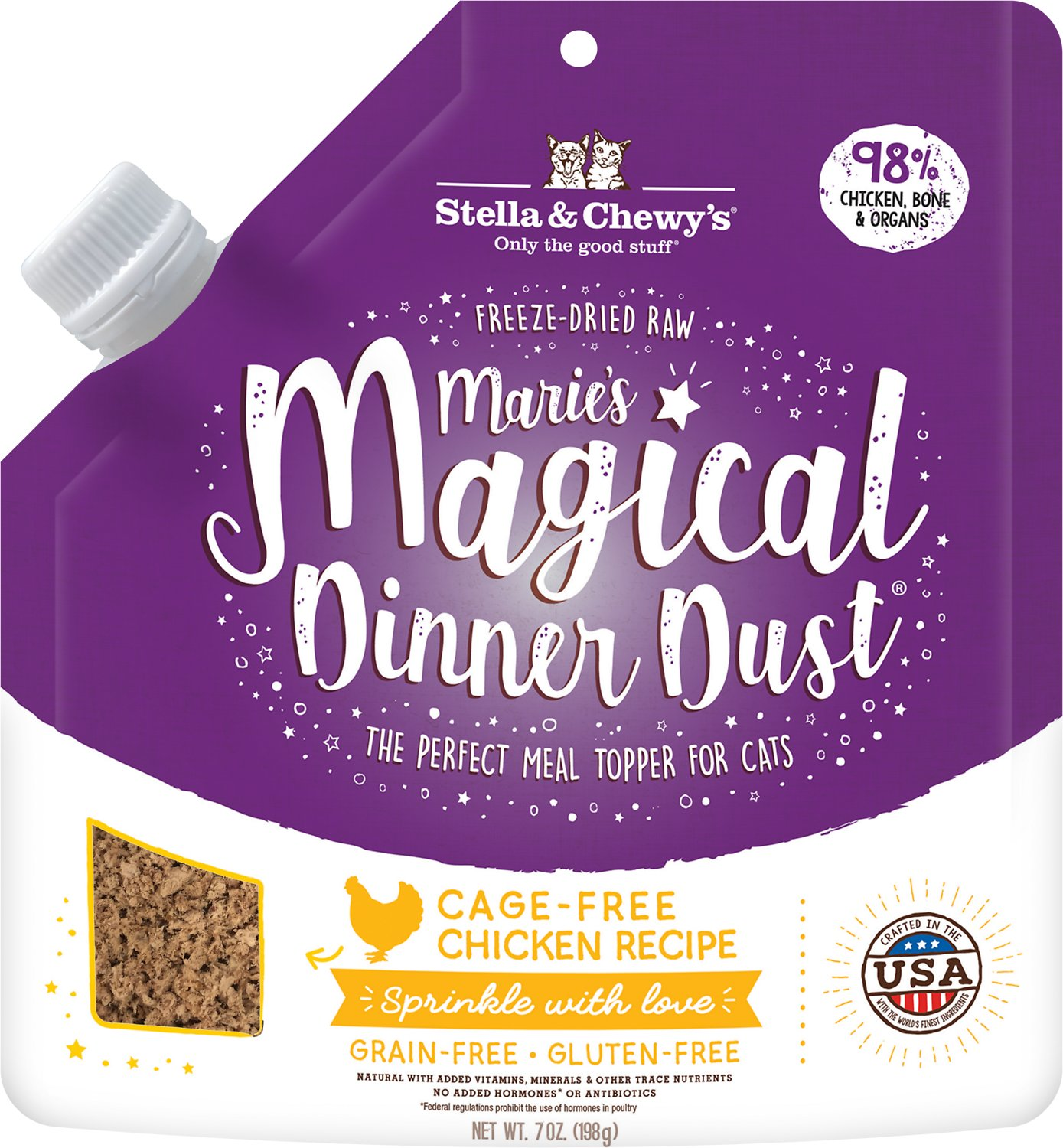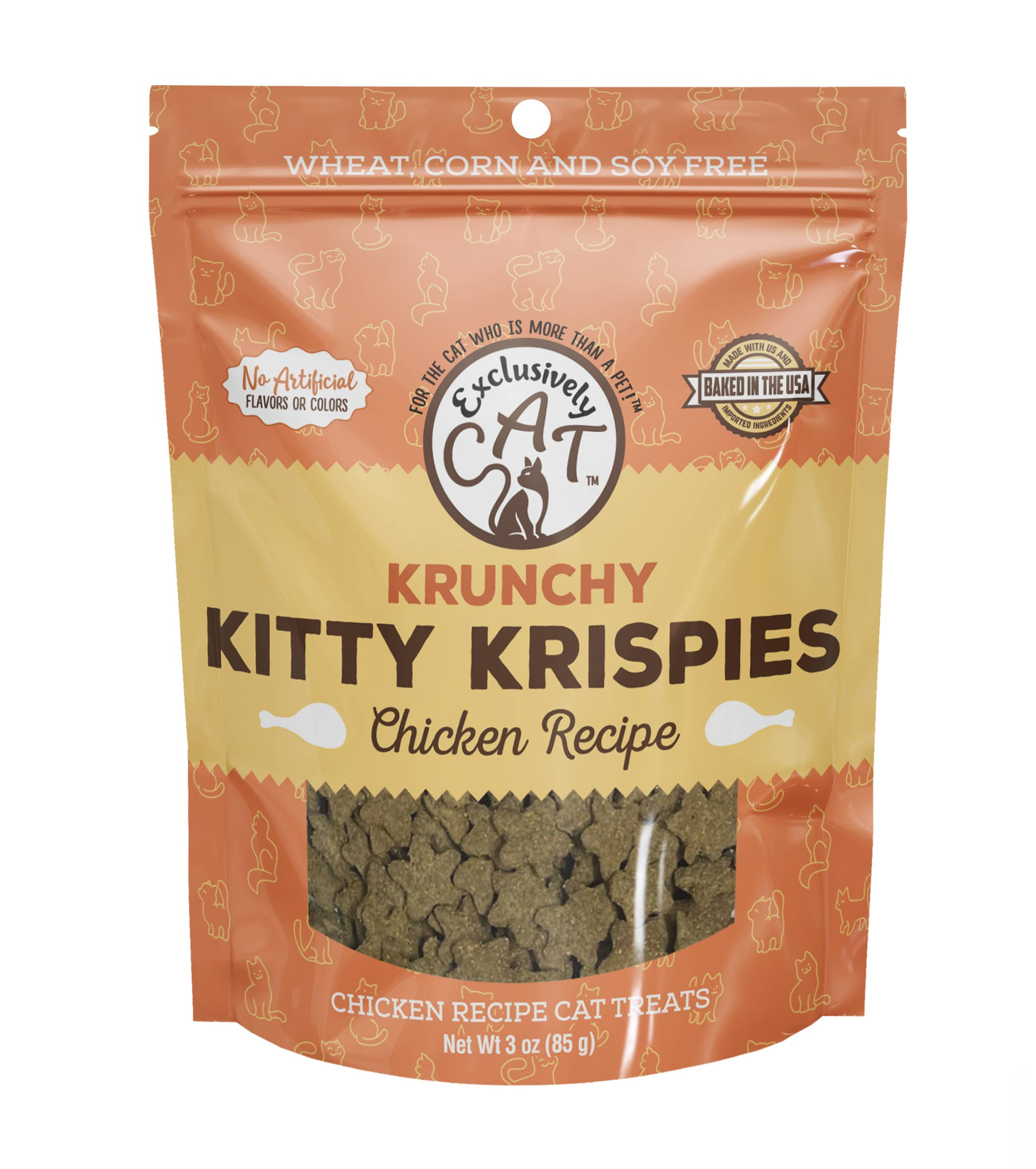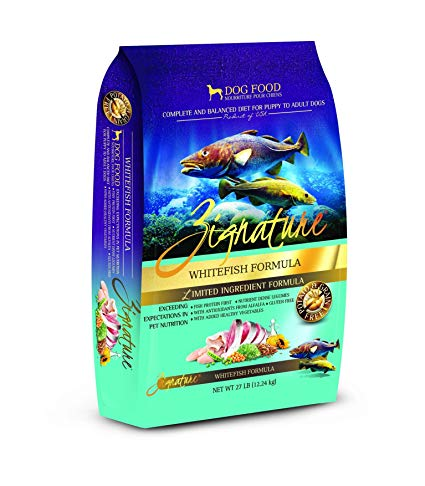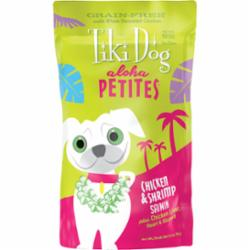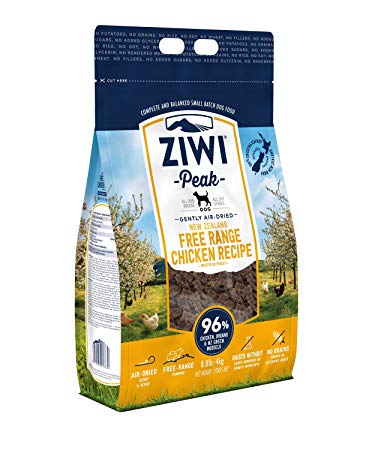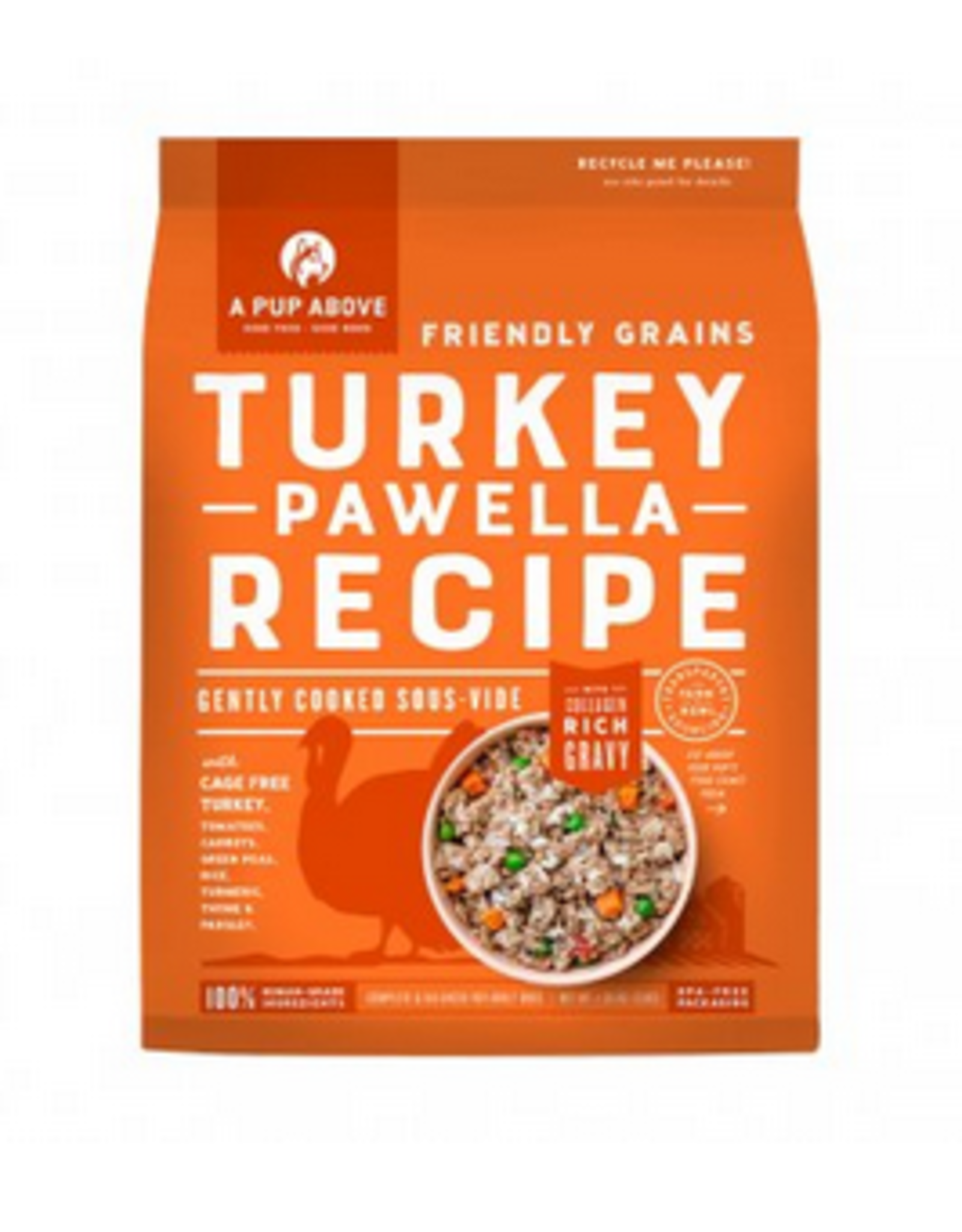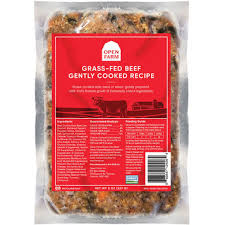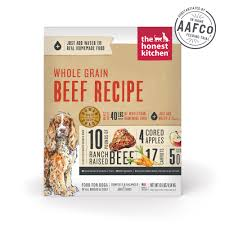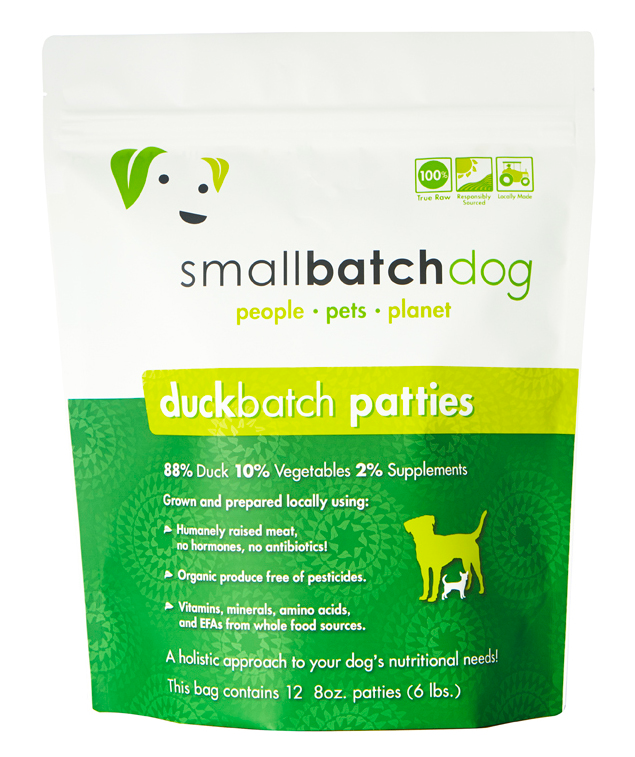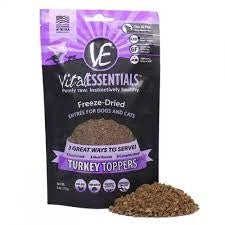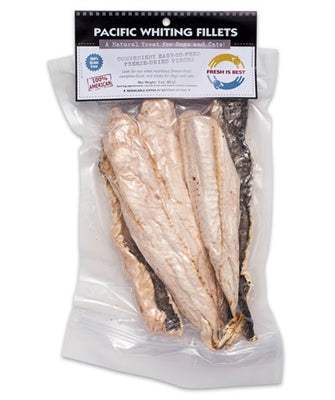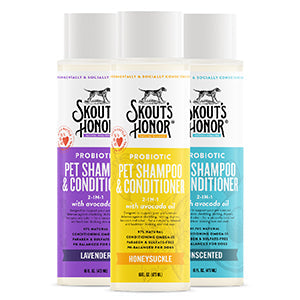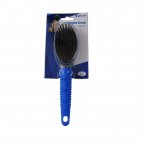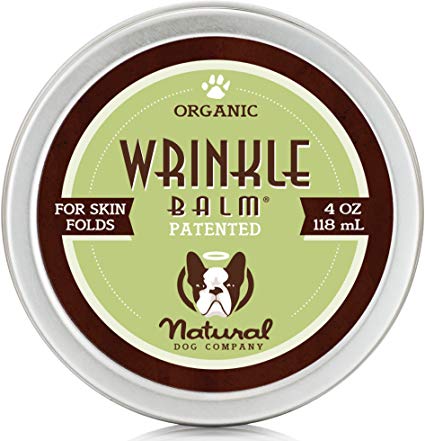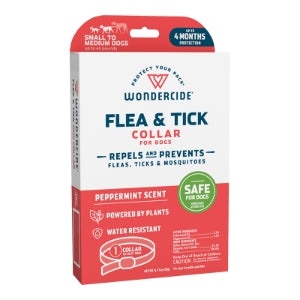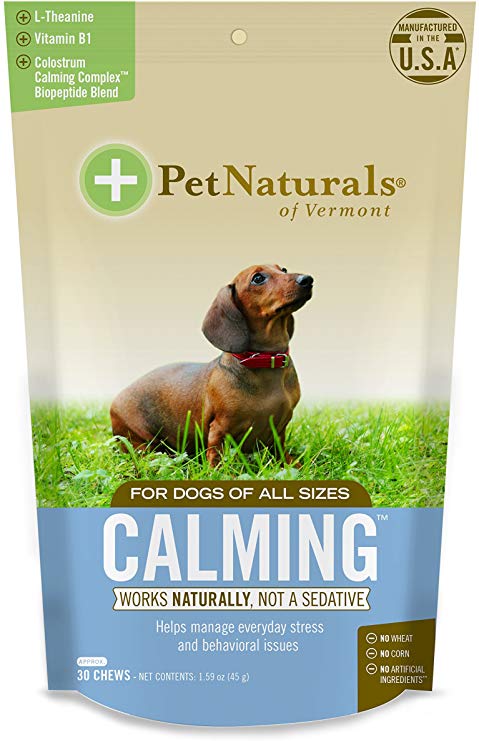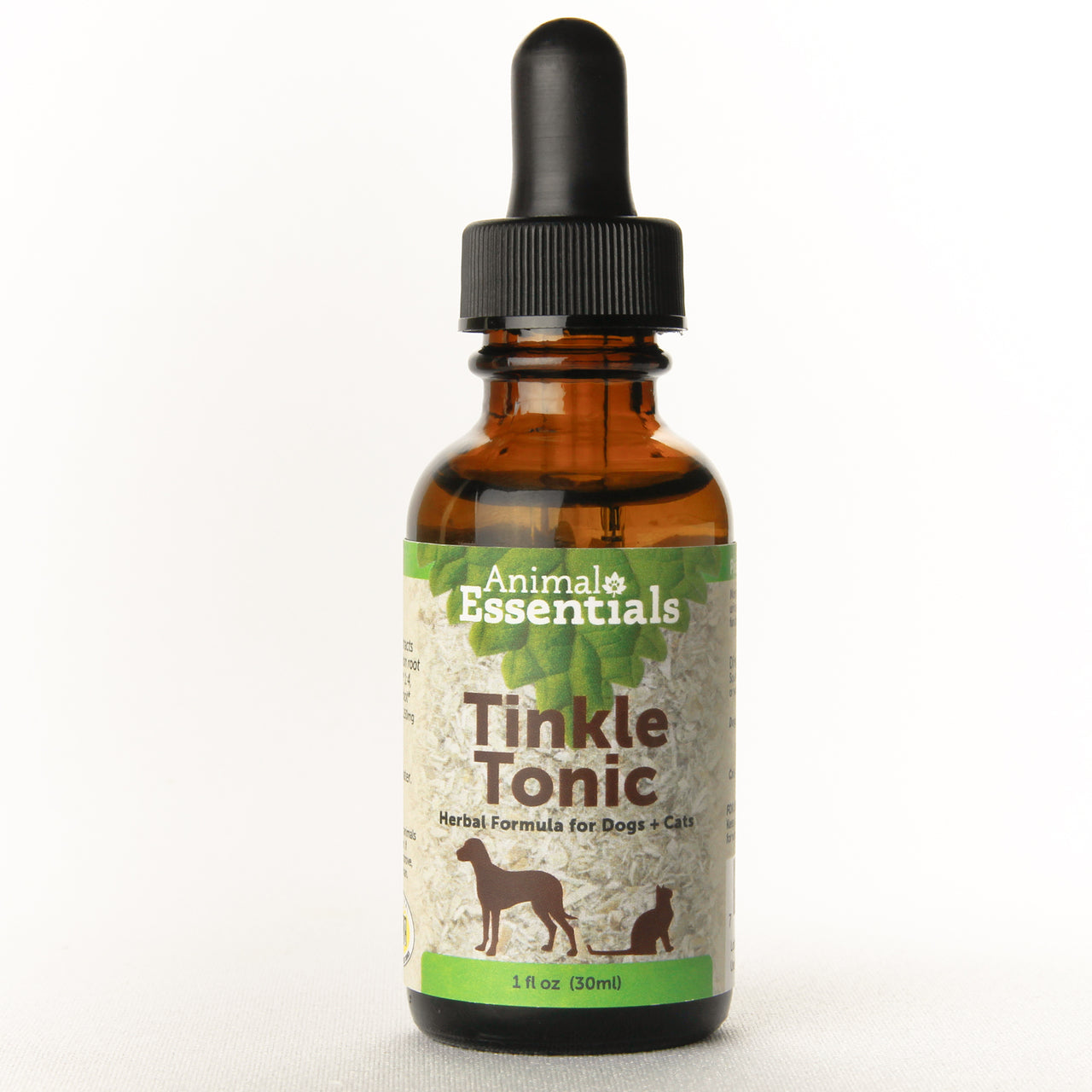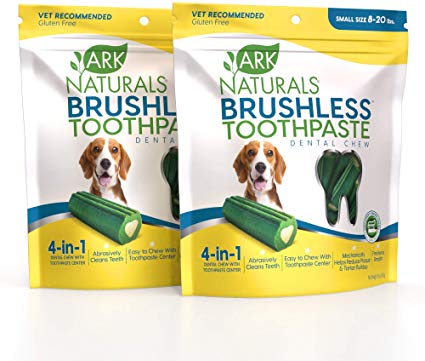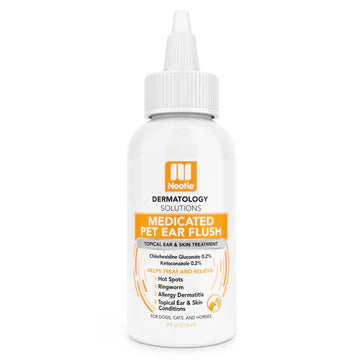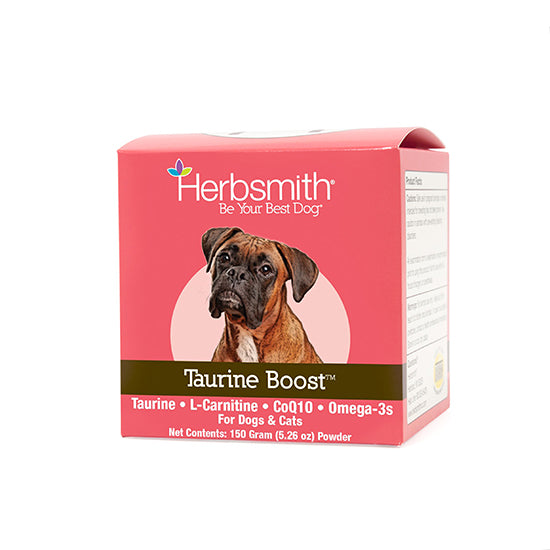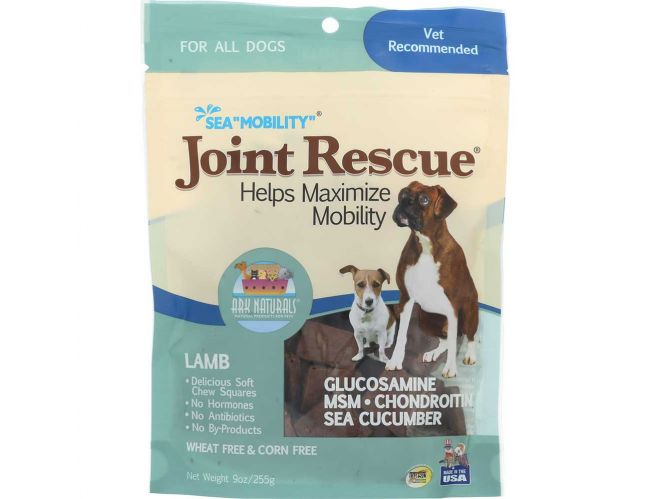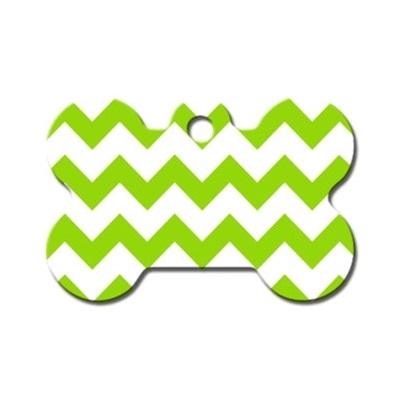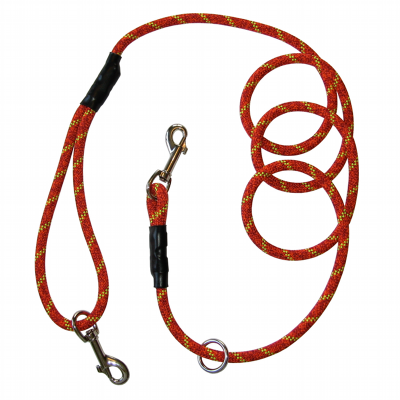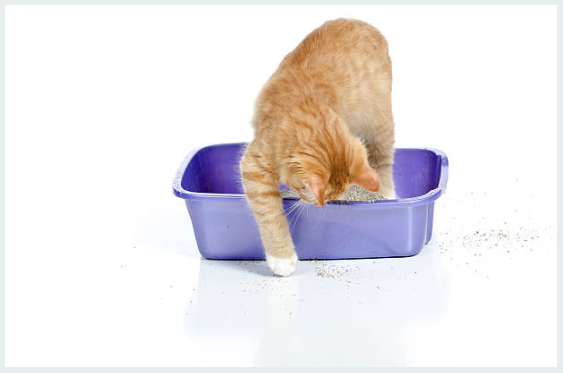As a pet owner, you want to ensure that your furry friend stays healthy and happy. One crucial factor in maintaining your pet's well-being is their diet. Just like humans, pets need a balanced and nutritious diet to thrive. One component that plays a vital role in your pet's diet is protein.
What is Protein?
Protein is a macronutrient made up of amino acids, which are the building blocks of life. It is essential for the growth, development, and overall health of your pet. Proteins can be found in many food sources such as meat, fish, eggs, dairy, and plant-based ingredients.
The Benefits of Protein
Protein serves several essential functions in your pet's body. Let's delve into some of the key benefits:
1. Growth and Development:
Protein is crucial for the growth and development of your pet. It helps to build and repair tissues, including muscles, organs, skin, and hair. Proper protein intake during the early stages of your pet's life is especially important for their healthy development.
2. Energy Production:
Protein plays a significant role in providing your pet with energy. When digested, protein is broken down into amino acids, which can be utilized by the body to produce energy. This energy helps your pet stay active, engage in physical exercise, and maintain a healthy weight.
3. Immune System Support:
Protein plays a vital role in bolstering your pet's immune system. It helps produce antibodies, which are essential for fighting off infections and diseases. Pets with a strong immune system are better equipped to battle pathogens and stay healthy.
4. Enzyme Function:
Enzymes are proteins that facilitate various chemical reactions in your pet's body. From digestion to metabolism, enzymes play a crucial role in ensuring the proper functioning of various bodily processes. Including adequate protein in your pet's diet helps support enzyme function.
Determining Your Pet's Protein Needs
Every pet has unique protein requirements based on their age, size, breed, and activity level. While some pets may require higher protein intake, others may have specific dietary restrictions or health conditions that necessitate a protein-controlled diet.
Hence, consulting with a veterinarian is crucial in determining your pet's specific protein needs. They can provide valuable guidance and help establish an appropriate daily protein intake for your beloved companion.
Choosing High-Quality Protein Sources
When selecting pet food, it is essential to prioritize high-quality protein sources. Look for products that list specific animal proteins, such as chicken, beef, or fish, as the primary ingredients. Avoid foods that use generic terms like "meat" or "animal by-products."
High-quality protein sources are more easily digested, ensuring that your pet receives maximum benefit from their diet. Additionally, they provide essential amino acids that are essential for your pet's overall health and well-being.
The Importance of Balanced Nutrition
While protein is crucial for your pet's diet, it is essential to provide a balanced and complete nutrition. A well-rounded diet includes a mix of proteins, carbohydrates, healthy fats, vitamins, and minerals.
Choosing specialized pet food formulated by nutritionists and veterinarians ensures that your pet's diet meets all their nutritional requirements. These diets are carefully balanced to support your pet's health at different life stages and address specific dietary needs.
Avoiding Excessive Protein Intake
While protein is essential, it is equally important to avoid excessive protein intake. In some cases, a high-protein diet may not be suitable for your pet. For instance, pets with certain kidney conditions or liver diseases may require a protein-controlled diet.
Once again, it is crucial to consult with your veterinarian to determine the appropriate protein level for your pet. They can guide you in choosing the right food or recommend specialized diets if necessary.
In Conclusion: Nurturing Your Pet's Health with Protein
Protein plays a crucial role in your pet's overall health and well-being. From growth and development to immune system support and energy production, protein is an essential nutrient that should be a part of your pet's diet.
By providing your pet with high-quality protein sources and a well-rounded, balanced diet, you can ensure that they receive the necessary nutrition for a vibrant and healthy life. Remember to consult with your veterinarian to determine your pet's specific protein requirements and to address any concerns or questions you may have.
Investing in your pet's nutrition is investing in their well-being. Start by understanding and harnessing the power of protein in their diet!


